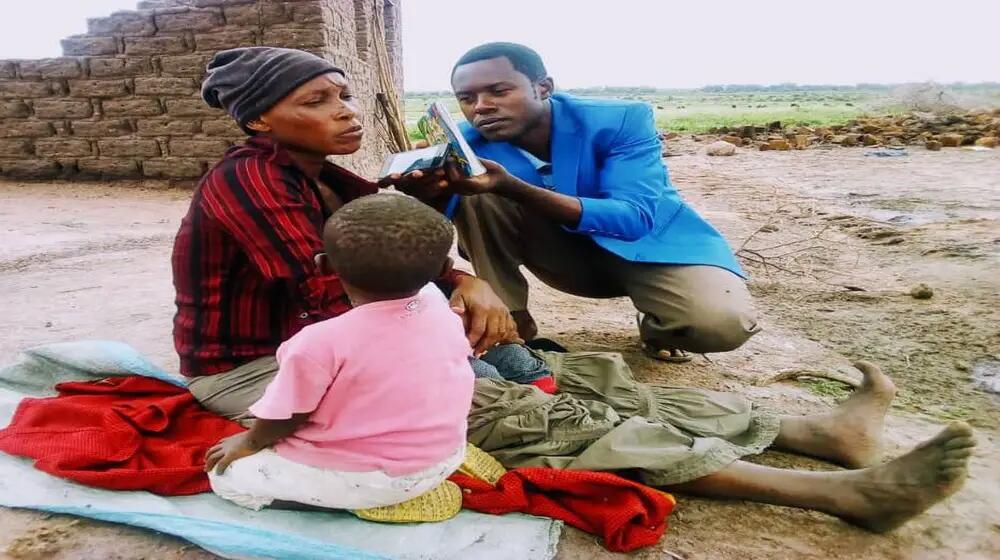Using Community Radio Waves to End Gender-Based Violence and Harmful Practices: A story of Mr. Daudi Mwalimu, a journalist from Mara Region.
“It can be a difficult job with long hours, hard work and less pay but gratifying".
Journalists working in the communities make great contributions to social changes. Best Human Interest Story of Mr. Daudi Mwalimu.
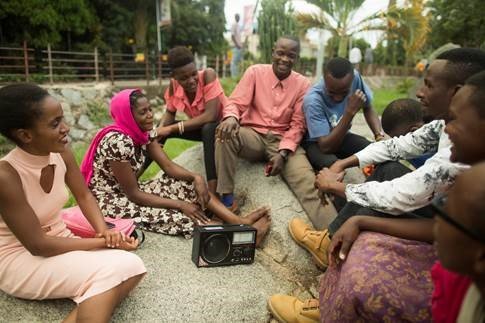
While growing up, Daudi was passionate about the radio. He always enjoyed listening to the news anchors on the radio at home and discovered his desire to become a journalist in the future.
“When I used to hear the introduction to the news bulletin, especially the BBC, which was widely listened to in our village, I would stop and rush to sit next to my dad to listen to the news.’ recalls Daudi.
Daudi managed to fulfill his dream with the support of his parents. Working with Mazingira FM in Mara Region, he is one of the journalists trained through the “Chaguo Langu Haki Yangu: My Choice My Right” programme, funded by the Government of Finland and implemented by the UNFPA. The training was organized by C-SEMA, a local NGO, to strengthen the media sector through training of journalists to be agents of change to promote gender equality and an inclusive society that respects, protects and fulfills the rights and choices of women and girls in particular through advocacy for positive behaviour change in the community to end gender-based violence, child marriage, female genital mutilation and stigma and discrimination against women and girls with disabilities.
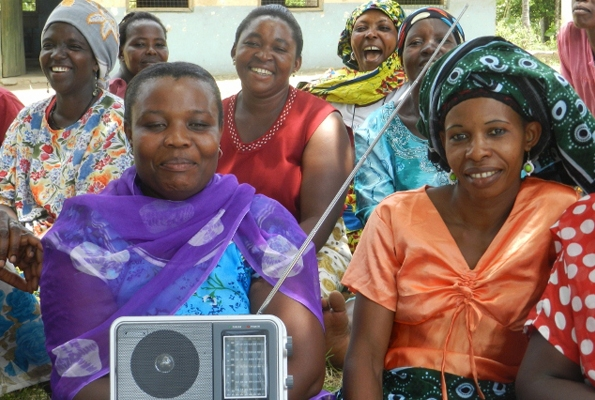
Through the training, Daudi learned that transformative journalism is more than reporting. To maximize the impact for change, it must promote human rights and gender equality, including the rights of women and girls with disabilities, use correct terminology, be accurate and factual, and give voices to survivors. Moreover, Daudi was oriented on ethical reporting, including consent, anonymity, and methods for sensitive interviewing of minors and vulnerable adults.
The training emphasized the need for collective action, including journalists’ contribution to ending harmful social norms and cultural beliefs, and the importance of lobbying with political and government authorities at the national and sub-national levels to intervene by making public statements against female genital mutilation, advocating for legal change, and allocating financial resources in budgets to prevent and respond to gender-based violence, child marriages, and female genital mutilation.
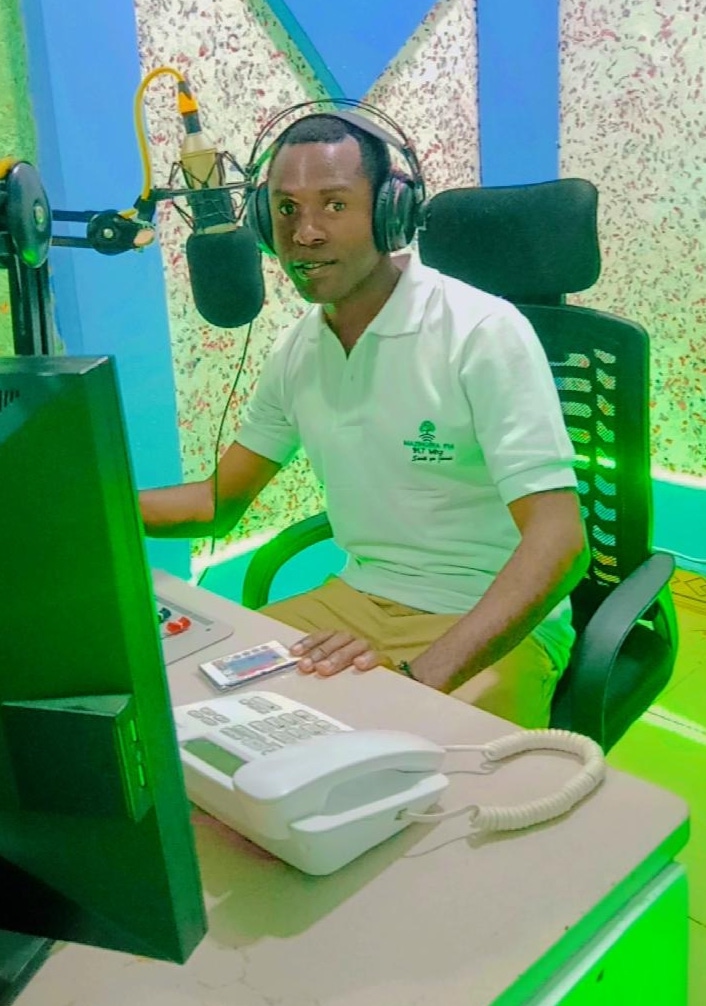
Daudi and other journalists were also trained on the role of journalists in promoting GBV response services, including Police Gender and Children’s desk, social welfare officer, the National Child Helpline #116 and other referral services available in Mara region. They were also trained on the mental health and psychosocial support provided to victims of female genital mutilation, the legal similarities, and differences of female genital mutilation in Kenya and Tanzania and the collaboration between Kenyan and Tanzanian authorities to tackle cross-border female genital mutilation.
“After this training, my awareness and understanding of gender-based violence and its negative impacts in the communities that our radio serves has increased,” said Daudi. He recounted a story of one of his listeners who called in live during one of his radio programmes to narrate how his radio program session has changed his perception, especially on wife beating.
He said the interactive radio programmes are effective in promoting positive social and gender norms, attitudes, and behaviour, as testified by calls from some of their listeners. “Hearing a man telling you that wife-beating has no benefit rather than harm in the family is inspiring that there is hope to construct a more equal and progressive community.”
Daudi shared that the training helped him, and his media house (Mazingira FM) understand the importance of consistently using radio programmes and combining these with community dialogues and outreach to schools, places of worship, communities and workplaces for effective positive social behaviour change towards women and girls, including those with disabilities. In recognition of Daudi’s influential work to advance women's and girls’ rights, including those with disabilities, he has won an award and a certificate from his radio station Mazingira FM, and he is getting more support for his storylines from the chief editors.
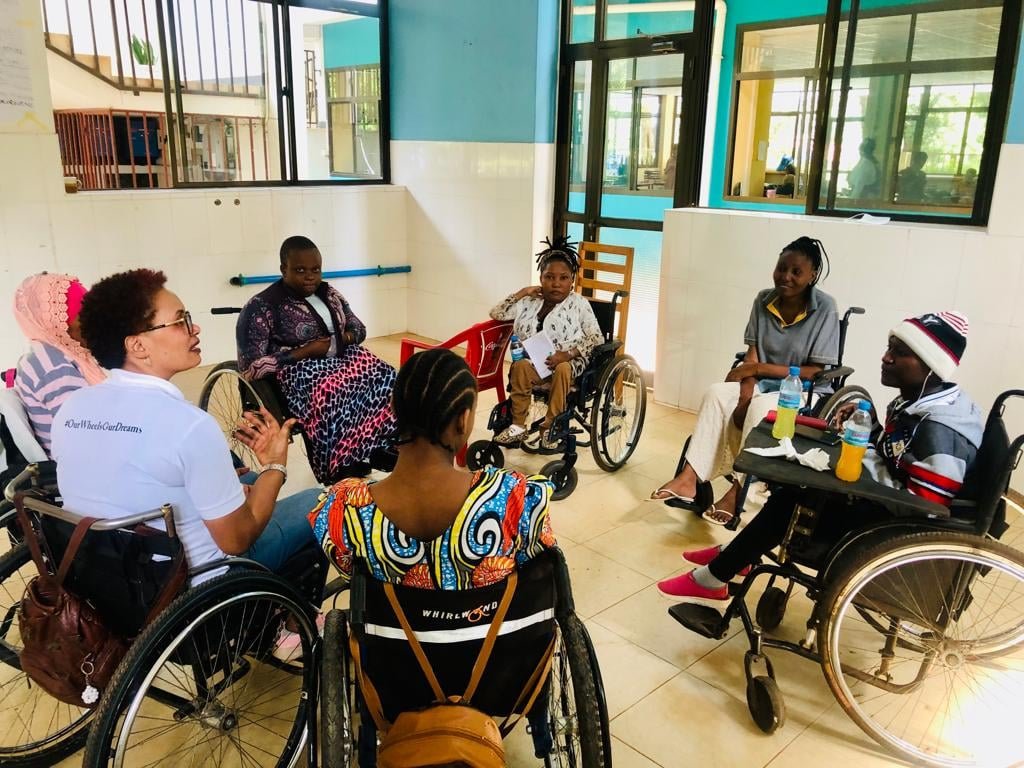
Chaguo Langu Haki Yangu - ‘My Rights My Choices’ is a three-and-a-half-year programme (2021-2025) implemented by UNFPA, the United Nations Sexual and Reproductive Health agency, with funding from the Government of Finland. The programme’s goals are to ensure that the rights and choices of women and girls, particularly women and girls with disabilities, are protected and enhanced through a multi-sectoral and holistic response that tackles gender-based violence and harmful practices, including teenage pregnancy, child marriage and female genital mutilation. The programme is implemented as part of activities to realise the National Plans of Action to End Violence Against Women and Children (NPA-VAWC) in Mainland Tanzania (2016/17-2021/22) and Zanzibar (2017-2022).
Direct beneficiaries: Adolescent girls and young women, particularly women and girls with disabilities, living in Shinyanga (Kishapu and Kahama districts) and Mara Regions (Tarime and Butiama districts) and Zanzibar (Urban district in Unguja and Chake Chake district in Pemba) who are vulnerable to or survivors of GBV, FGM and early and child marriage.
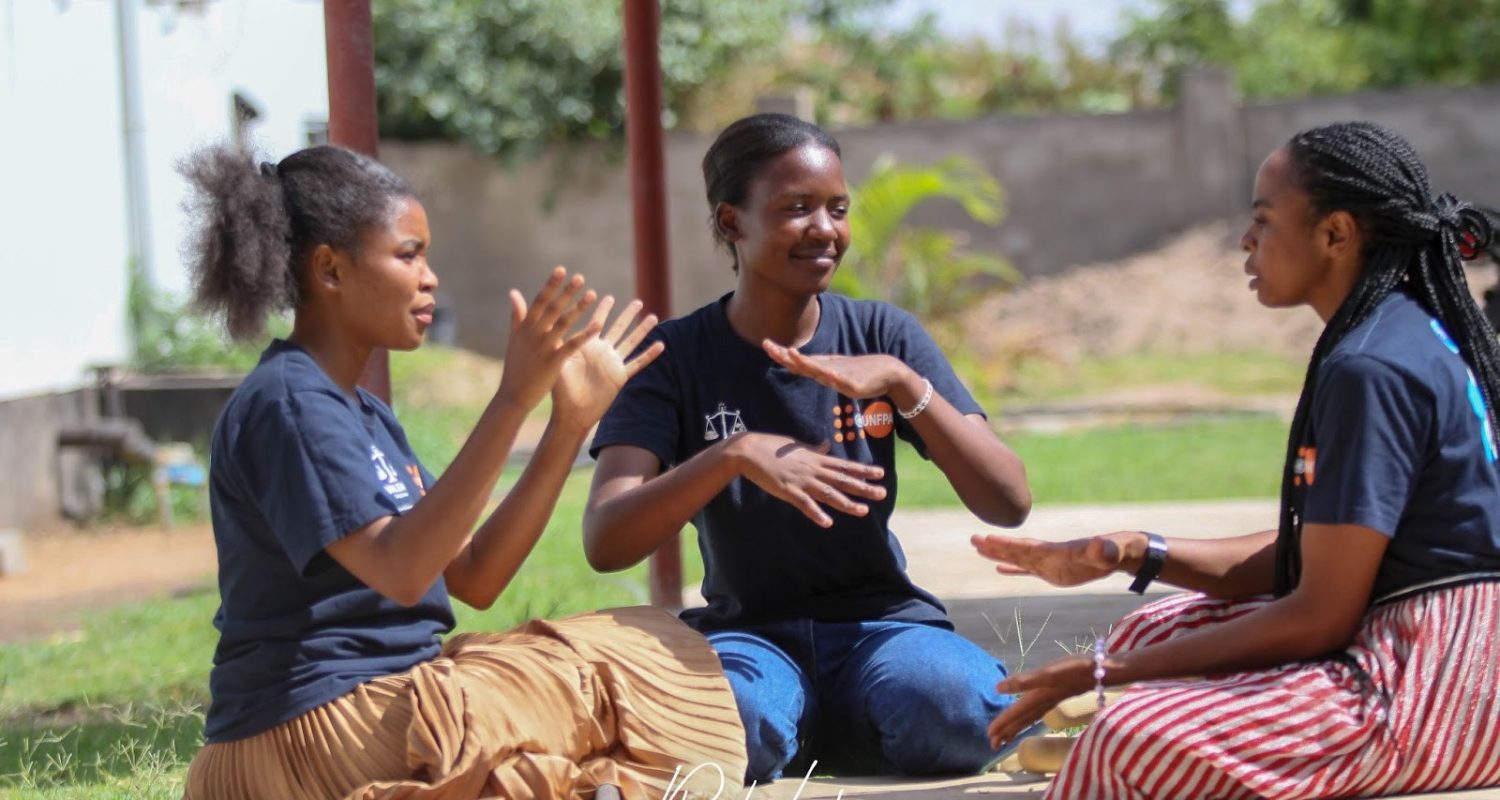
Indirect beneficiaries: Affected families, targeted communities and government institutions whose capacities will be strengthened to prevent and respond to gender-based violence and harmful practices, including teenage pregnancy, child marriage and female genital mutilation, and to uphold the rights of women and girls, particularly women and girls with disabilities. The programme enhances coordination, knowledge-sharing, and policy development to support the implementation of the NPA-VAWC in Mainland Tanzania and Zanzibar in collaboration with the Government of the United Republic of Tanzania, including local government authorities.
According to the recently released Tanzania Demographic and Health Survey from 2022, the prevalence of Intimate Partner Violence (Physical, Sexual or Emotional) in Mara region declined from 76% to 66%, while the FGM prevalence declined from 32% to 28%. Teenage pregnancy fell from 37% in 2015/16 to 31% in 2022. The prevalence of women aged 20-24 who reported being married by age 18 remained unchanged at 38% during the same period.
For further information please contact:
Warren Bright,
Communications Analyst,
United Nations Population Fund,
Tanzania,
-
Email: bwarren@unfpa.org,
Mobile: +255 764 43 44 45

